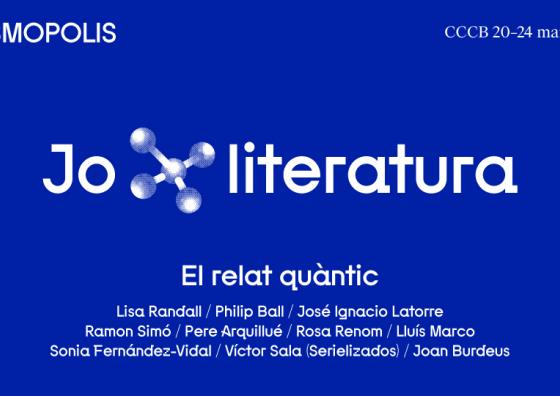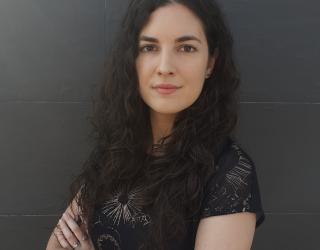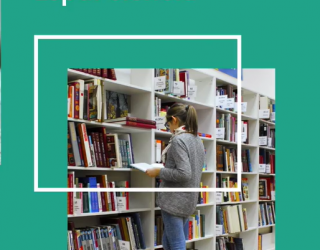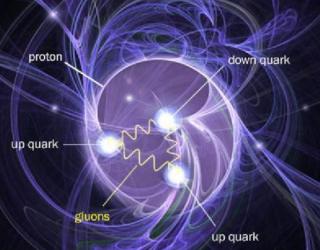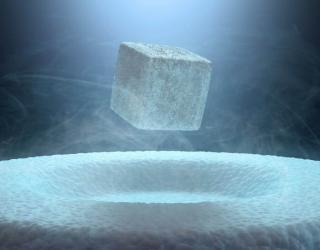Despite this science still being in its infancy, humans are able to understand and manipulate material at the subatomic level and probe the origins and development of the universe. Scientific development provides the basis for introducing a new disruptive technology: quantum computing. The race to develop the first universal quantum computer is a silent battle that is taking place all over the world. Who will build it first? Will it be a country or a company? Can we protect the economy from the arrival of a machine able to decrypt all communications? The scientist and essayist Philip Ball, winner of the Physics World 2018 award, and Jose Ignacio Latorre, one of Spain’s leading quantum physicists, reveal the key aspects and dilemmas of the great quantum story after the screening of That’s the story.
That’s the story
María T. Soto-Sanfiel and Óscar Cusó / Spain, 2015, 53′, original version subtitled in Spanish
Professor Roy J. Glauber is the last surviving scientist from the theoretical division of the Manhattan Project, the laboratory in which the first nuclear weapons were developed during the Second World War. His clear, fluent and articulate narration tells us first-hand about life in Los Álamos, the character of the main scientists on the project, the first nuclear test, the bombing of Japan and the political consequences that followed. Glauber’s narration is documented with recently declassified film material from the Los Alamos archives.
KOSMOPOLIS FEST. K 19. The Quantum Story
Kosmopolis is a biennial literary event that has been held at the Centre de Cultura Contemporània de Barcelona since 2002, with two special editions (in 2005, Year of the Book and Reading, and in 2010, the Kosmopolis Special Day), and with a continuous programme that keeps the spirit of the festival alive all year round.
Stories that Move the World. Modernity has unfurled under the form of major stories that model the world. Postmodernity questions and fragments these, sparking cultural debates that define the end of the last century. And the new millennium finds us immersed in a landscape where all that is solid has not vanished into thin air, but into the minds and bodies of a beleaguered humanity.
There is a mixture of scales, measures, tenets, theories, dogmas, prescriptions and paradigms. Somewhere between the chance controlled by no one and the determinism that predicts everything, stands literature, in its most open conception, which reminds us of our condition of vulnerability and, at the same time, of the tools (private and shared) that we have at our disposal to criticise, modify or reinvent the stories that move the world.
The great story of quantum physics begins at the start of the last century and includes crucial milestones that run from the Copenhagen interpretation through the dawn of the atomic age and the emergence of the information society to the present and future of quantum computing. It is a story that has changed our perception of “reality”. It has profound geopolitical and economic implications, but it also poses a philosophical, ethical and literary challenge that will be decisive in coming decades.
Thursday 21
-
Talk and screening: That's the story. Keys Aspects and Dilemmas of the Quantum Story, by Philip Ball i José Ignacio Latorre, 18.00 - 20.00, Theatre, 3 €
-
Theatre: Dramatized Reading of Copenhagen, by Pere Arquillué, Rosa Renom, Lluís Marco. Directed by Ramon Simó, 21.15 - 22.45, Theatre, 7 €
Saturday 23
Sunday 24
More CCCB activities on March
Talk by Dava Sobel "The Glass Universe" Women Pioneers of Astronomy (9th March, 18h)




